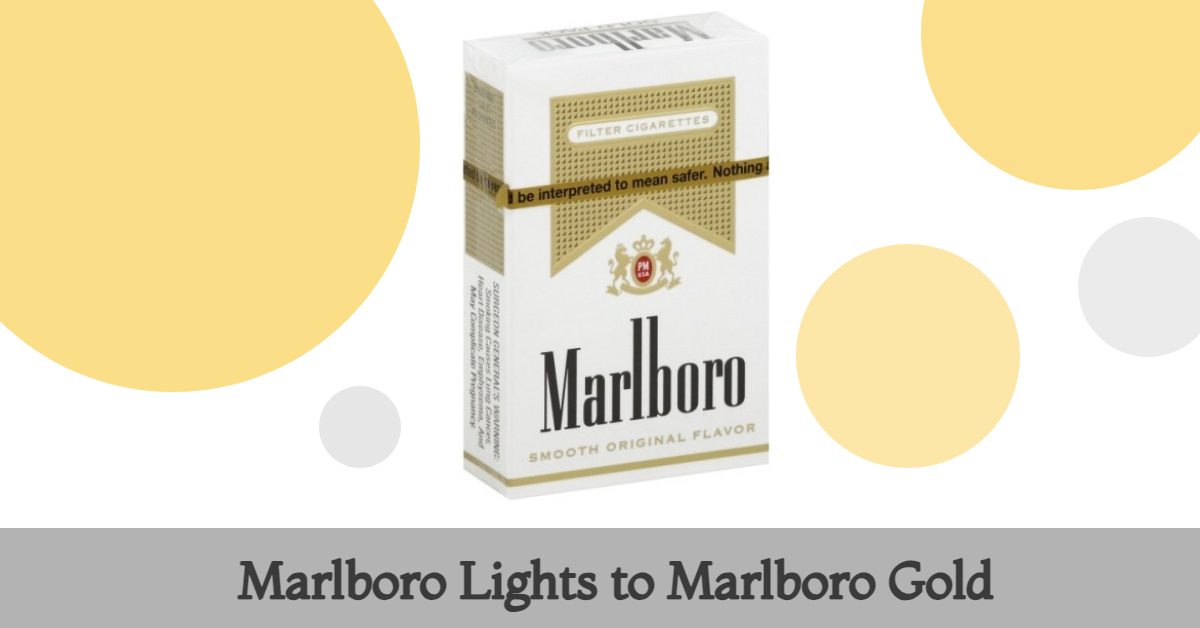
The way companies sell tobacco has changed a lot, especially how they show their products to people who buy them. A big example of this change is how Marlboro Lights, a very well known cigarette brand changed its name to Marlboro Gold. This piece will talk about why they did this, how it affects what people think of the product and what it means for how tobacco companies advertise their stuff.
Understanding the Shift from Light to Colour Codes
The Regulatory Backdrop
The change from Marlboro Lights to Marlboro Gold happened because of new rules meant to stop confusing names on tobacco products. These rules focus on stopping the use of words like light and mild which make it sound like some cigarettes are less harmful even though health experts don’t agree with that idea.
The Response from Tobacco Companies
To deal with these new rules, cigarette makers have cleverly changed how they market their products. Instead of using clear words they now use colours to hint at the lightness of some types of cigarettes. This approach follows the rules but it has started discussions about how it affects what people think about the risks and safety of smoking.
The Marlboro Lights to Marlboro Gold Transition: An Insight
The Strategy Behind the Rebranding
Changing Marlboro Lights to Marlboro Gold was a clever move to work around new rules for selling tobacco. By using a colour in the name the brand can still hint at its light version without using words that are now not allowed.
Consumer Perception and Market Impact
This part looks at how using colours on packages changes what people buy and think. Even though the name Marlboro Gold does not directly say it’s a lighter cigarette, the colour gold is picked on purpose. It helps keep the brand’s image and attracts people who liked the light version before.
Navigating the New Marketing Landscape
The Role of Color in Tobacco Marketing
Moving from clear words to using colours is a big change in how tobacco is sold. This part looks at how colours are used to tell different products apart and shape what people decide to buy, all while following the rules.
Regulatory Challenges and Public Health Concerns
Although following the rules, the use of colours to differentiate cigarettes makes people question if the current laws are good enough at clearing up misunderstandings about how safe cigarettes are. This part goes into the difficulties that rule makers and health advocates face in tackling these subtle issues in tobacco ads.
The Future of Tobacco Product Branding
Innovations in Marketing Amidst Regulatory Constraints
Going forward, this part guesses where tobacco product branding might head next. As rules keep changing tobacco companies will probably look for fresh clever ways to sell their products but still follow the law.
The Role of Consumer Awareness and Education
This section highlights how crucial it is to teach people about the dangers of all tobacco products, no matter the brand or package. It stresses that we need continuous health campaigns to clear up false beliefs about light cigarettes and help people make choices knowing the full facts.
Conclusion
In last, when Marlboro Lights changed to Marlboro Gold and it showed how tobacco companies can adjust to new rules. Using colours instead of words meets the law but it also shows how tricky it is to sell something that could be bad for you in a way that does not seem so dangerous. As people keep talking about how tobacco is sold, it is getting more obvious that we need strong rules and to teach people about the risks to keep everyone healthy.


